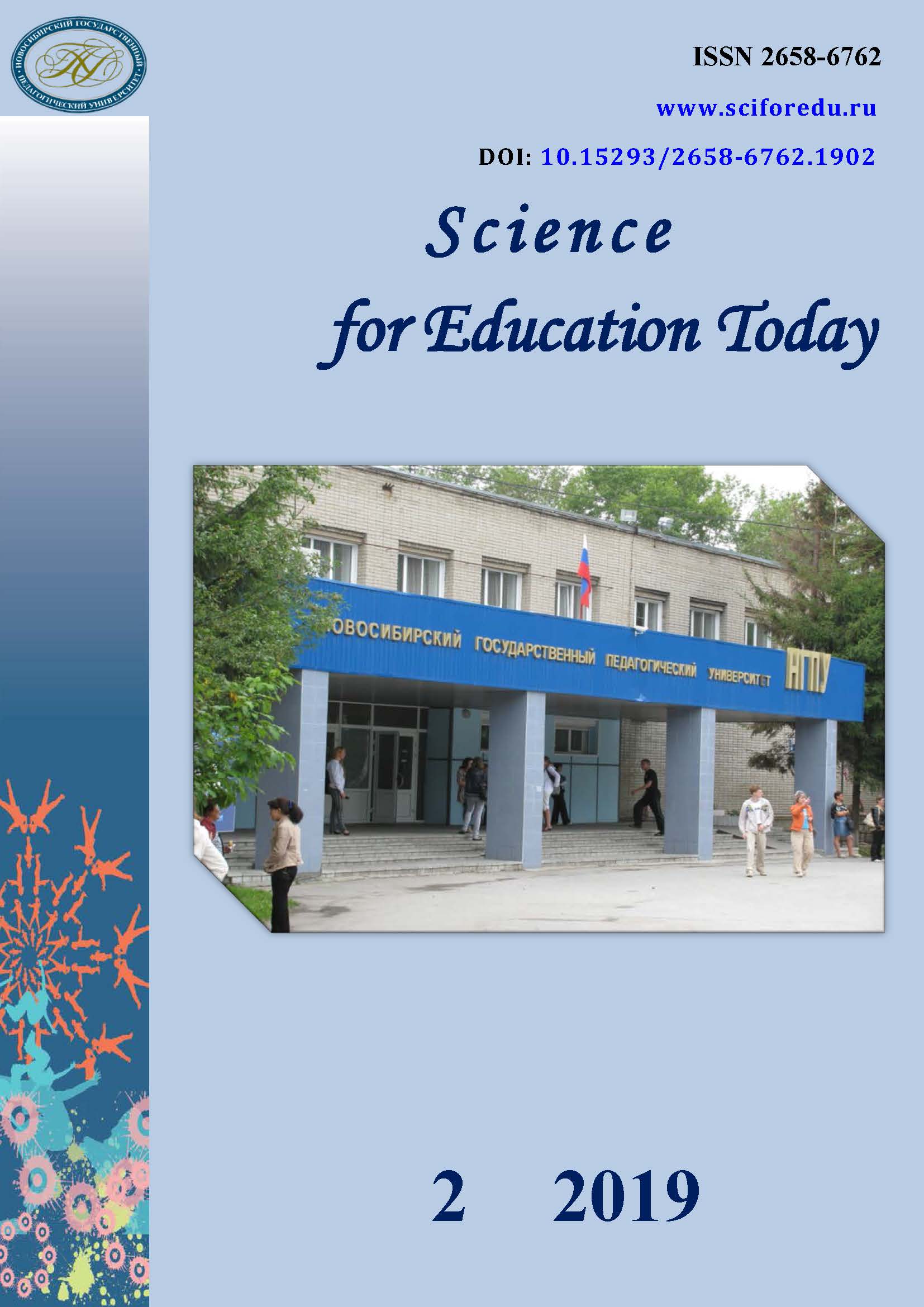Компетентностный подход: непротиворечивая теория и технология
Competence approach: Consistent theory and technology
Author(s): Akryam Zhafyarovich ZhafyarovSubject(s): School education, Higher Education
Published by: Новосибирский государственный педагогический университет
Keywords: Competency; Competence; Contradictory theory; K. Gödel’s theorem; Technology of competence approach; Educational process, Hierarchical model of training
Summary/Abstract: Introduction. The article presents a study on efficient development of an economic cell (a firm, industry, association of industries or the country as a whole). Methodology. The methodology of solving this problem is based on the competence method of effective interaction of managers in state authorities, science, education, health and industry. The purpose of the research is to build a hierarchical model of calculation of specific competences and relevant competencies, which will contribute to the solution of the following tasks.Task 1. To identify the priority directions of developing economic cells; to identify the main problems of these areas; to build the structure of the main problems in the form of an ap-propriate sequence of basic (smallest and indivisible, but meaningful) competencies.Task 2. To develop the methodology and technology for training creatively competent specialists in the basic competencies of the main problems.These tasks are solved by temporary expert committees consisting of competent personnel of senior management, science, industry, education, etc. Results. The hierarchical model of preparation of competent and creative specialists to work in priority directions of developing economic cells based on the author’s advanced tech-nology and methodology of the competence approach. The first three stages of this model contain the methodology and technology of scientific competence management, describing what specialists should be able to do for the optimal development of economic cells. The last three stages characterize the methodology and technology of training specialists competent to imple-ment the project, which is the result of expert committees’ activities in the first three stages. Conclusion. The introduction of the proposed model in the educational process will im-prove the quality of mathematical education and preparation of creatively competent specialists.
Journal: Science for Education Today
- Issue Year: 9/2019
- Issue No: 2
- Page Range: 81-95
- Page Count: 15
- Language: Russian

